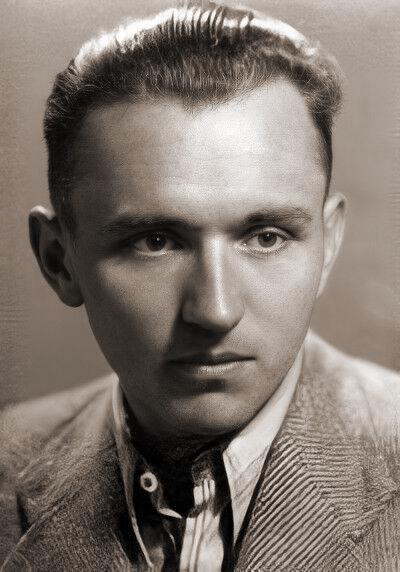
In the annals of history, there are figures whose lives transcend the ordinary, leaving an indelible mark on the story of their nation’s struggle for identity and freedom. Vasyl Kuk, the last leader of the Ukrainian Insurgent Army (UIA or UPA), is one such figure. Born on January 11, 1913, in Krasne village, Austria-Hungary (now in Zolochiv Raion, Lviv Oblast, Ukraine), Vasyl Kuk would grow to become a symbol of unwavering dedication and resilience in the face of overwhelming odds, just like most of his contemporaries in UIA.
Vasyl Kuk’s early life was marked by the turbulence of World War I, a period that would shape the trajectory of his existence. All the children of the Kuk family were members of the Organization of Ukrainian Nationalists. Two of Vasyl’s brothers, Ilaria and Ilko, were executed by the Polish authorities. During the Soviet rule, all family members were sentenced to imprisonment, and all the property of the parents was confiscated. Like many of his contemporaries, Kuk was driven by a burning desire to see Ukraine free from the shackles of foreign rule and oppression.
In 1929, he became a member of the OUN Youth. After graduating from high school, Kuk met Stepan Bandera. As a young man, Kuk joined the ranks of the Ukrainian Insurgent Army, an underground resistance movement dedicated to achieving Ukraine’s independence. His journey through the ranks was swift, a testament to his leadership skills and dedication to the cause.
He was repeatedly arrested by the Polish police for his revolutionary activities. In 1934, he was sentenced by a Polish court for revolutionary activities to two years of imprisonment. After his release, he headed the Zolochiv district of the OUN. Vasyl Kuk went underground in May 1937 after another arrest of his friends by the Polish police. In 1940 he went to Krakow to organize illegal crossings of couriers and OUN liaison officers across the Soviet-German border. At that time, he worked together with Roman Shukhevich. Later, the leader of the OUN himself, Stepan Bandera, appointed him a member of the OUN Board. In the spring of 1942, V. Kuk headed the Department of the OUN in the south-eastern Ukrainian lands, and in the summer, he directly managed the activities of the OUN in all the central-eastern, southern Ukrainian lands and UIA-South. Since 1947, he was Roman Shukhevych’s deputy in all of his positions, and after his death on March 5, 1950, Vasyl Kuk was elected the Head of the OUN Branch in Ukraine, the Commander-in-Chief of the UIA and the Head of the General Secretariat of the Ukrainian Main Liberation Council.
Under Kuk’s leadership, the UIA faced formidable challenges. The Soviet Red Army was in full control of Ukraine, and the organization had to operate clandestinely, constantly evading capture and suppressing waves of Soviet offensives, as well as fighting against Nazi forces. Despite these challenges, Kuk maintained the UIA’s commitment to its core principles, which included the defense of Ukrainian land and identity. He saw the UIA not only as a military force but also as a guardian of Ukraine’s heritage.
Vasyl Kuk’s leadership was defined by a strategic acumen that allowed the UIA to adapt to changing circumstances. He implemented guerrilla warfare tactics that kept the Soviet forces on their toes, leading to a series of battles throughout western Ukraine. In April 1944, he even led the largest UIA battle against Soviet forces near Gurba, which unfortunately ended with the tactical victory of the Soviet troops, but also allowed most insurgents to escape the encirclement.
Kuk’s leadership was not without controversy. The UIA’s methods, including acts of sabotage and guerilla warfare, were met with mixed reactions among Ukrainians, Poles, Jews, and other nationalities in the Western Ukraine. Some saw them as heroes defending their homeland, while others questioned the organization’s tactics and the collateral damage they caused. Kuk’s leadership walked a fine line between military necessity and outright tyranny.
Tragically, Vasyl Kuk’s tenure as the leader of the UIA ended abruptly in 1954 when he was captured by KGB officers with the help of recruited former underground worker “Chumak” (Mykola Primas), whom Vasyl Kuk knew well personally. He was in remand prisons in Kyiv and Moscow until 1960 and released in connection with Nikita Khrushchev’s new policy. Controversies surrounding his live and political views have not ended, however. In 1960, Vasyl Kuk wrote the so-called “Open Letter of V. Kuk to Yaroslav Stetsk, Mykola Lebed, Stepan Lenkavskyi, Daria Rebet, Ivan Hrynyoh and to all Ukrainians living abroad!”, in which he recognized the Soviet power in Ukraine, renounced and condemned the principles and methods of the OUN and the UIA, and urged the Ukrainian organizations that waged the national liberation struggle to end it and recognize the USSR.
In the early 2000s, during the regular meeting of CUN (Congress of Ukrainian Nationalists), he was asked by CUN member S. Pavchak whether he personally signed the specified “Letter” or not, Vasyl Kuk answered him (privately), saying, “Don’t you know, how then such documents were signed?!”, implying this letter and signature were either fabricated or he was forced to write and sign it for the fear of death/torture. Vasyl Kuk died on September 9, 2007, in his apartment in Kyiv.
Vasyl Kuk’s life was a testament to the enduring spirit of those who seek freedom and self-determination for their nation. He stood as one of the symbols of hope for the Ukrainian people during a dark period in our history, and his legacy continues to inspire those who strive for independence and the preservation of their cultural identity. As the last leader of the Ukrainian Insurgent Army, Vasyl Kuk will forever be remembered as a heroic figure who dedicated his life to the pursuit of a free and sovereign Ukraine. Even if his “Open letter” may have sparked debates about whether he should be revered and recognized as a Ukrainian patriot, we must still remember that under the fear of pain and death people will write anything just to survive and it’s not something a person should be judged for.




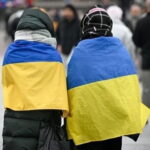
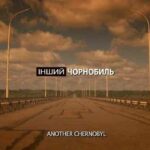

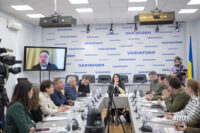




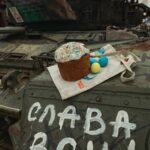


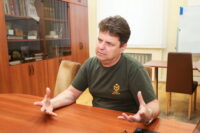
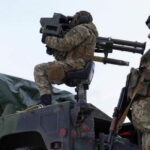
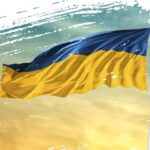

























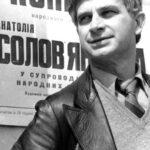












Залишити відповідь